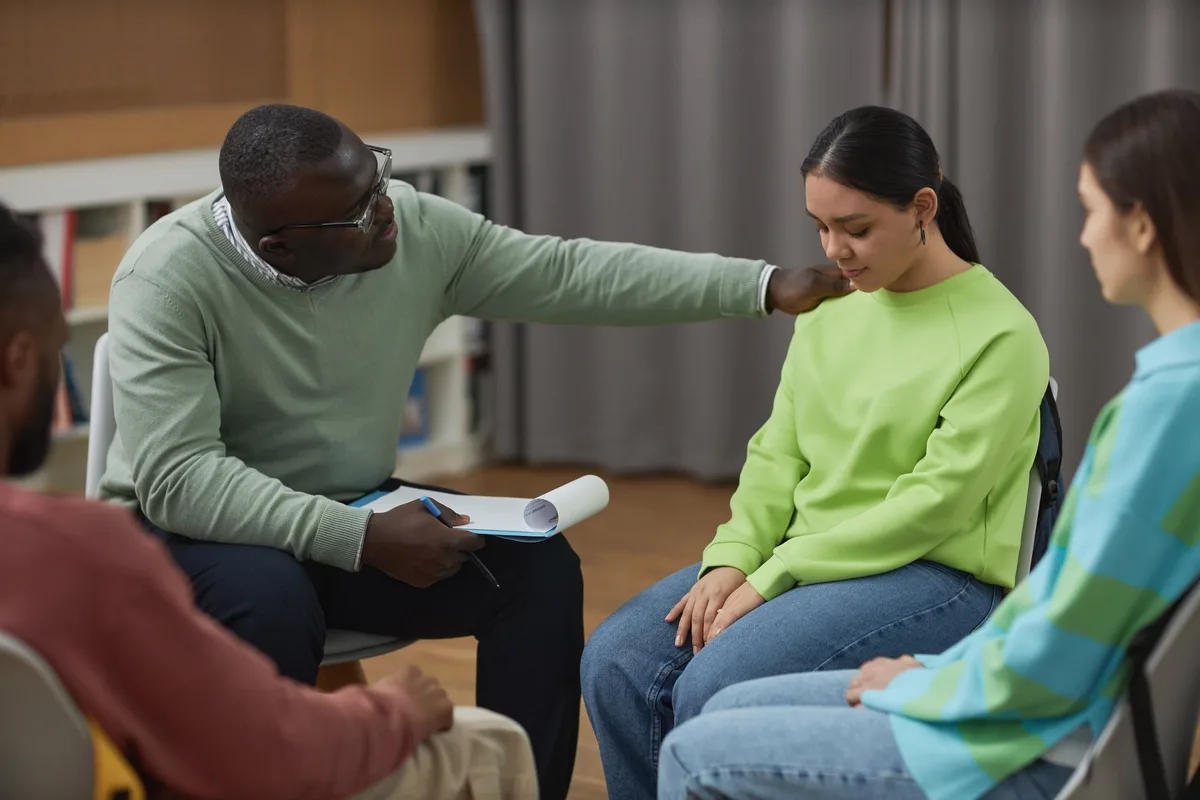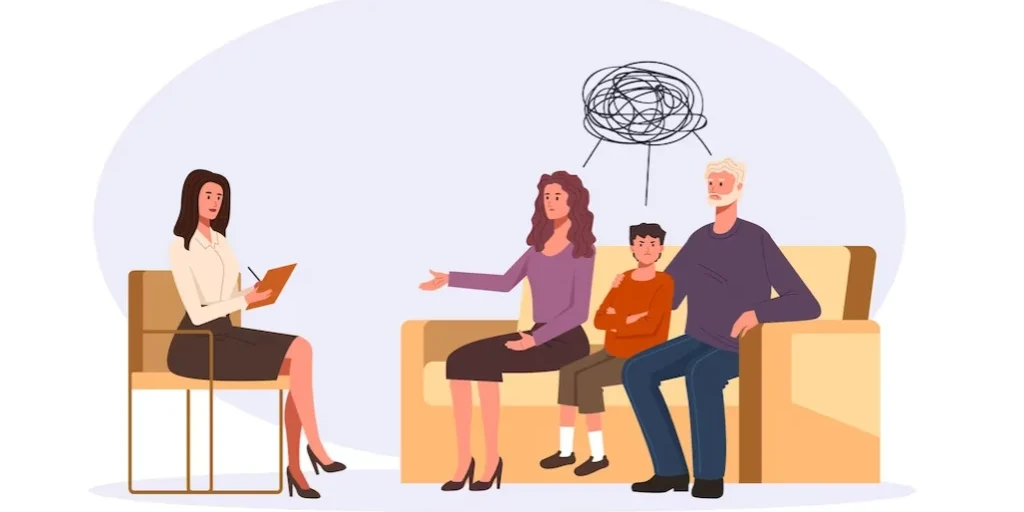is not just a phrase; it signifies a profound commitment to addressing the urgent mental health needs of individuals grappling with post-traumatic stress disorder (PTSD). Located in the picturesque landscape of Edwards County, these rehab centers have emerged as sanctuaries for healing and recovery. PTSD, often a devastating consequence of traumatic events, can lead to debilitating anxiety, depression, and substance abuse. In Edwards, rehab centers are focused not only on PTSD treatment but also on related addictions, offering a holistic approach that addresses the mind and body. Their treatment methodologies encompass evidence-based therapy, counseling, and support groups tailored specifically for those influenced by trauma. The evolution of PTSD treatment in the U.S. traces back decades, with the acknowledgment of trauma as a critical factor in mental health. Today, Edwards County is a beacon of hope, combining innovative approaches with compassionate care, transforming lives, and fostering resilience in the face of adversity. The importance of these rehab centers cannot be overstated; they provide vital connections to resources, expert guidance, and a community of support that empowers individuals to reclaim their lives from the clutches of PTSD.
Learn more about PTSD Treatment centers in Edwards County










































